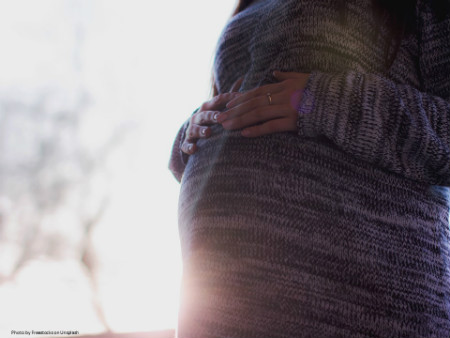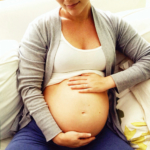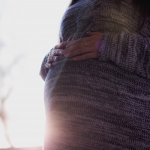With the advent of the newer, atypical antipsychotic medications, patients with psychotic disorders have been able to achieve greater symptom control with less disabling side effects. For women with schizophrenia, there has also been an increase in fertility rates over the last decade. Previous studies have suggested that women with schizophrenia, as compared to women with no psychiatric illness, are at increased risk for pregnancy and delivery complications, including low birthweight, intrauterine growth restriction, and preterm birth. However, most of these studies occurred at a time when the women were treated with older antipsychotic medications, and we cannot assume that these findings are relevant now, when women with schizophrenia are more commonly treated with the newer atypical antipsychotics and have much better control of their symptoms.
A study published earlier this year examined maternal and neonatal outcomes in women with schizophrenia. Women from Ontario (15-49 years old) who gave birth to a liveborn or stillborn singleton infant were analyzed. 1391 women with schizophrenia were identified based on either an inpatient diagnosis or two or more outpatient physician service claims for schizophrenia within 5 years prior to conception. The reference group was 432,358 women without a diagnosed psychiatric illness within the 5 years preceding conception in the index pregnancy.
The researchers observed that schizophrenia was associated with a higher risk of pre-eclampsia (adjusted odds ratio, aOR 1.84; 95% confidence interval, 95% CI 1.28-2.66), venous thromboembolism (aOR 1.72, 95% CI 1.04-2.85), preterm birth (aOR 1.75, 95% CI 1.46-2.08), small for gestational age (aOR 1.49, 95% CI 1.19-1.86), and large for gestational age (aOR 1.53, 95% CI 1.17-1.99). This was the first study to identify higher rates of pre-eclampsia and venous thromboembolism in women with schizophrenia.
While the researchers were able to adjust for potential confounders, including maternal age, parity, socio-economic status, and pre-pregnancy medical morbidity, they were not able to control for other confounding factors such as smoking, substance use, body mass index, or medication use during pregnancy. Thus, we can conclude that women with schizophrenia are at increased risk for certain complications, but we cannot determine the underlying cause of these risks.
Ruta Nonacs, MD
Vigod SN, Kurdyak PA, Dennis CL, Gruneir A, et al. Maternal and newborn outcomes among women with schizophrenia: a retrospective population-based cohort study. BJOG. 2014 Apr;121(5):566-74.








Your thoughts are clear and and reaidly rendered for easy comprehension. The ocean in which you have posed, seems to speak something of the state of awareness to which you aspire. It is a beautiful thing! Peace.